
According to the Bible, there is only one god.

The Bible teaches that the God of Israel, YHWH, is the creator of the universe and supreme over all other beings. However, he also created lesser spiritual beings. In the Hebrew, elohim (usually translated “god”) is readily applied to a variety of spiritual beings.
The gods of the nations ____
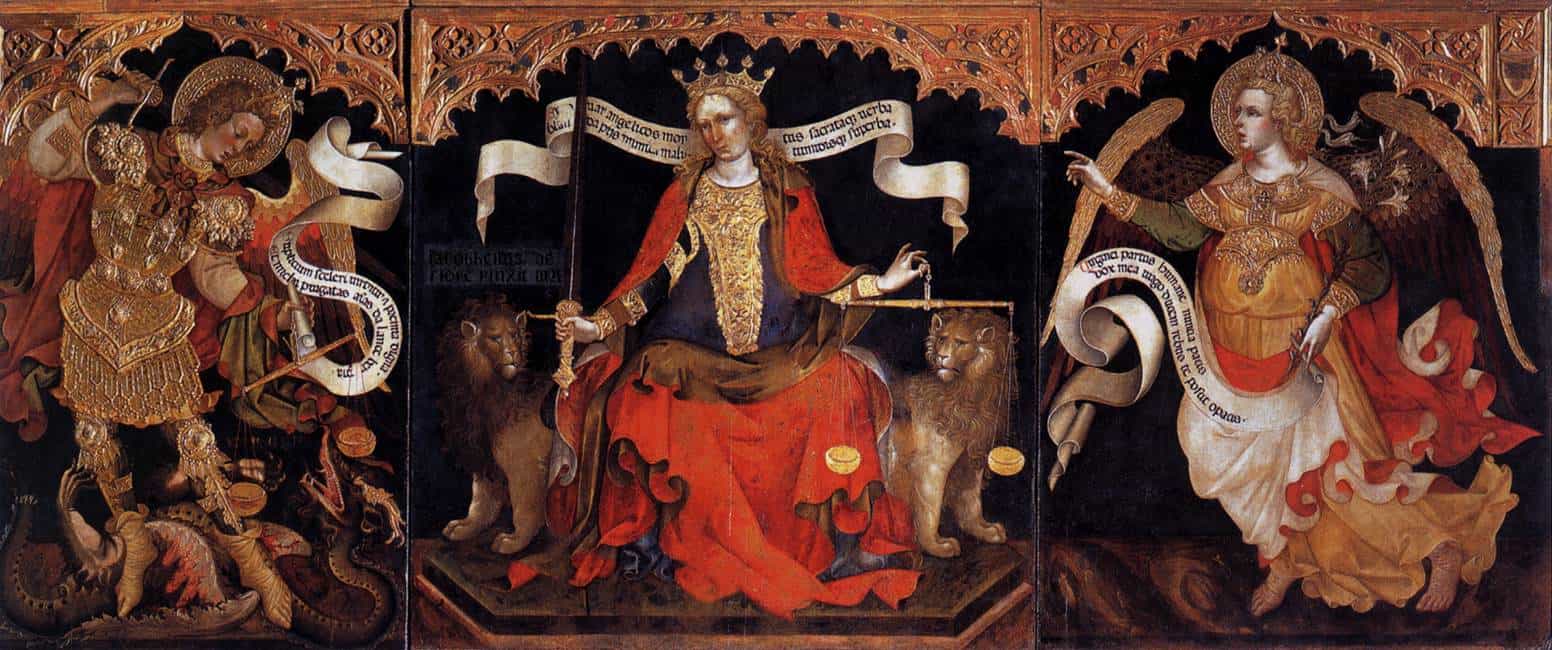
While the Bible recognizes that spiritual beings have influence over foreign nations (e.g., Deut 32:8–9; Ps 82; Eph 6:12), it is reluctant to identify any of these beings with specific gods that humans have named. That is, not every so-called god (e.g., Molech) necessarily exists. Some gods may have a supernatural being behind them, others may not.
The Old Testament says little about demons. It is not until we get to the New Testament that evil supernatural beings appear on the scene.

While “demons” occurs rarely in English translations of the OT, there is a vast vocabulary of Hebrew words used for spiritual forces, evil and otherwise. Much of this has been lost in translation, whether in the Septuagint (the Greek translation of the OT), English translations, or otherwise.
The Greek word for “demon” refers to

This Greek word underlying “demon” has a variety of uses. It can refer to any supernatural being. In Classical Greek literature, the word can be used of gods or goddesses, divine power itself, and other supernatural beings, including evil spirits.
The Bible contains _____ unique words for evil supernatural beings.
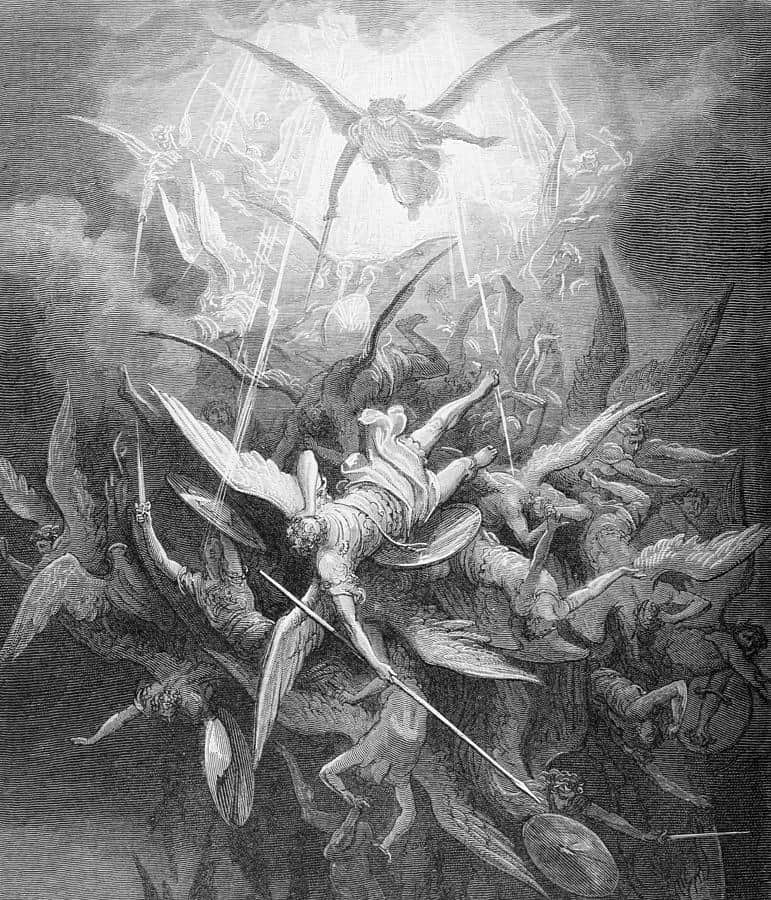
The Bible uses a wide variety of terms to describe demonic beings. These include “spirits,” “heavenly ones,” “stars,” “holy ones,” “gods,” “serpent,” “shades,” “death” (personified), “spirits,” “knowing ones,” “princes,” “Azazel,” “goat demons,” “Lilith,” “wild beasts,” “demons,” “Sin,” and “unclean spirits.”
In the Old Testament, “Satan” refers to ______
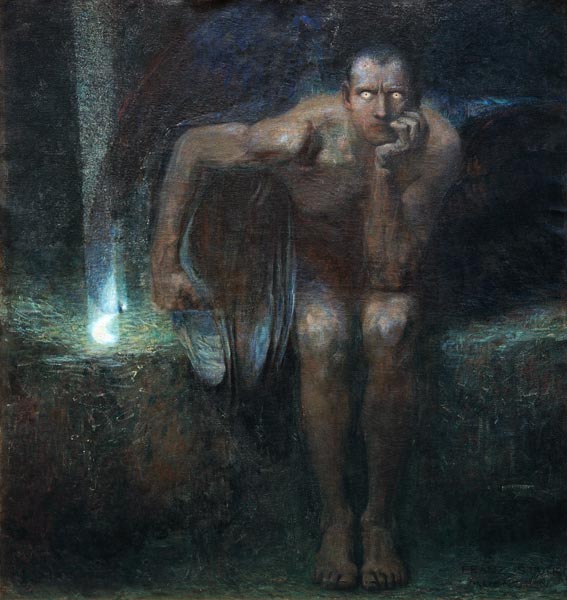
The Hebrew word commonly translated “satan” is not technically a proper name. Its most basic meaning is “accuser” or “adversary” and is regularly translated as such (e.g., Num 22:22, 32; 1 Sam 29:4; Ps 109:6). In passages such as Job 1–2 and Zechariah 3, it refers to a specific being in the heavenly court who played an adversarial role of reporting human disobedience to God. This being in the OT should not be confused with the evil being later called “Satan.”
Who rules the world?
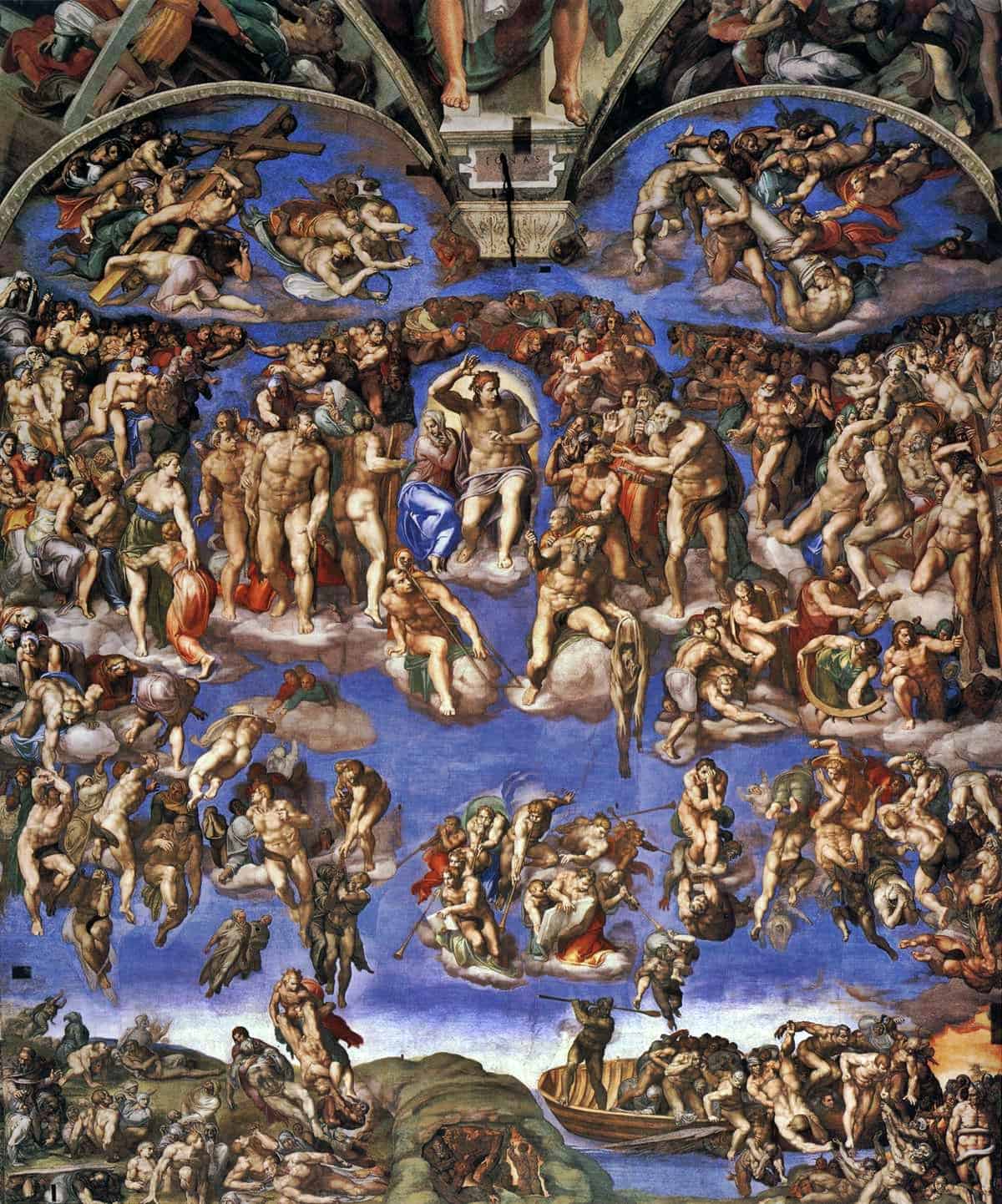
All of these answers are true in different ways. God is supreme over all and has given rule to his image-bearers. However, it is often overlooked that the Bible is not reluctant to call Satan the ruler of the world (e.g., John 12:31; 2 Cor 4:4).
According to the Bible, when are the Devil and his angels cast out of heaven?
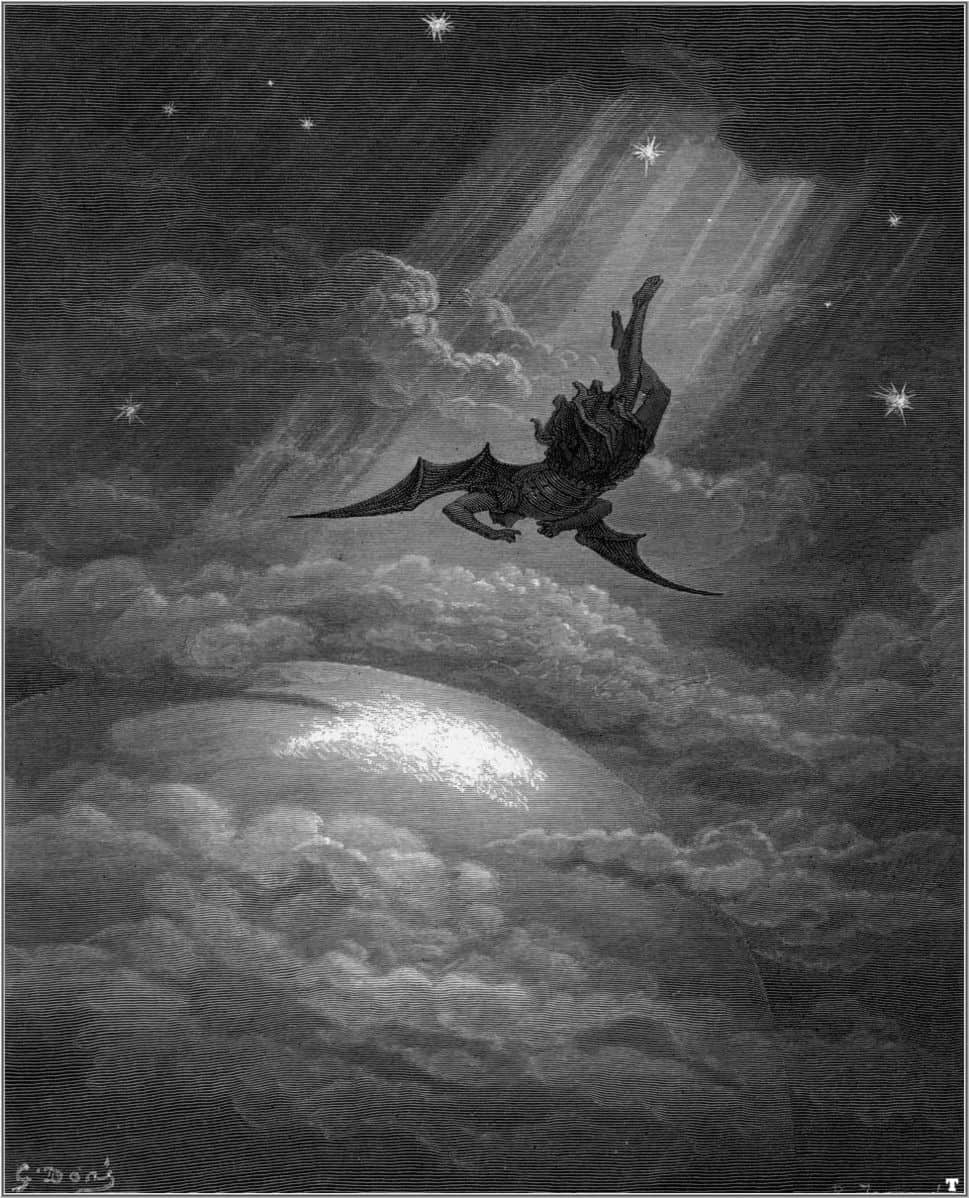
This idea finds its source in Revelation 12, particularly verses 7–9. Contrary to popular belief, this passage does not describe events that occurred before creation. Rather, it clearly occurs in conjunction with the first coming of Jesus (see Rev 12:1–6). It is also not certain that the “third of the stars” refers to angels defecting to follow Satan. Rather, the passage appears to draw from Dan 8:10, which indicates defeat, not defection. It could be that one third of angels were defeated in this battle.
In the Old Testament, Yahweh is the God of all the nations.

In the OT, Yahweh is uniquely the God of Israel (Deut 32:8-9). The nations, meanwhile, were given over to worship other gods (Deut 17:3; 29:25; 32:17). However, Yahweh is creator and sovereign over all peoples, and worshipping other gods is a rejection of his rule.
Territorial gods do not exist.
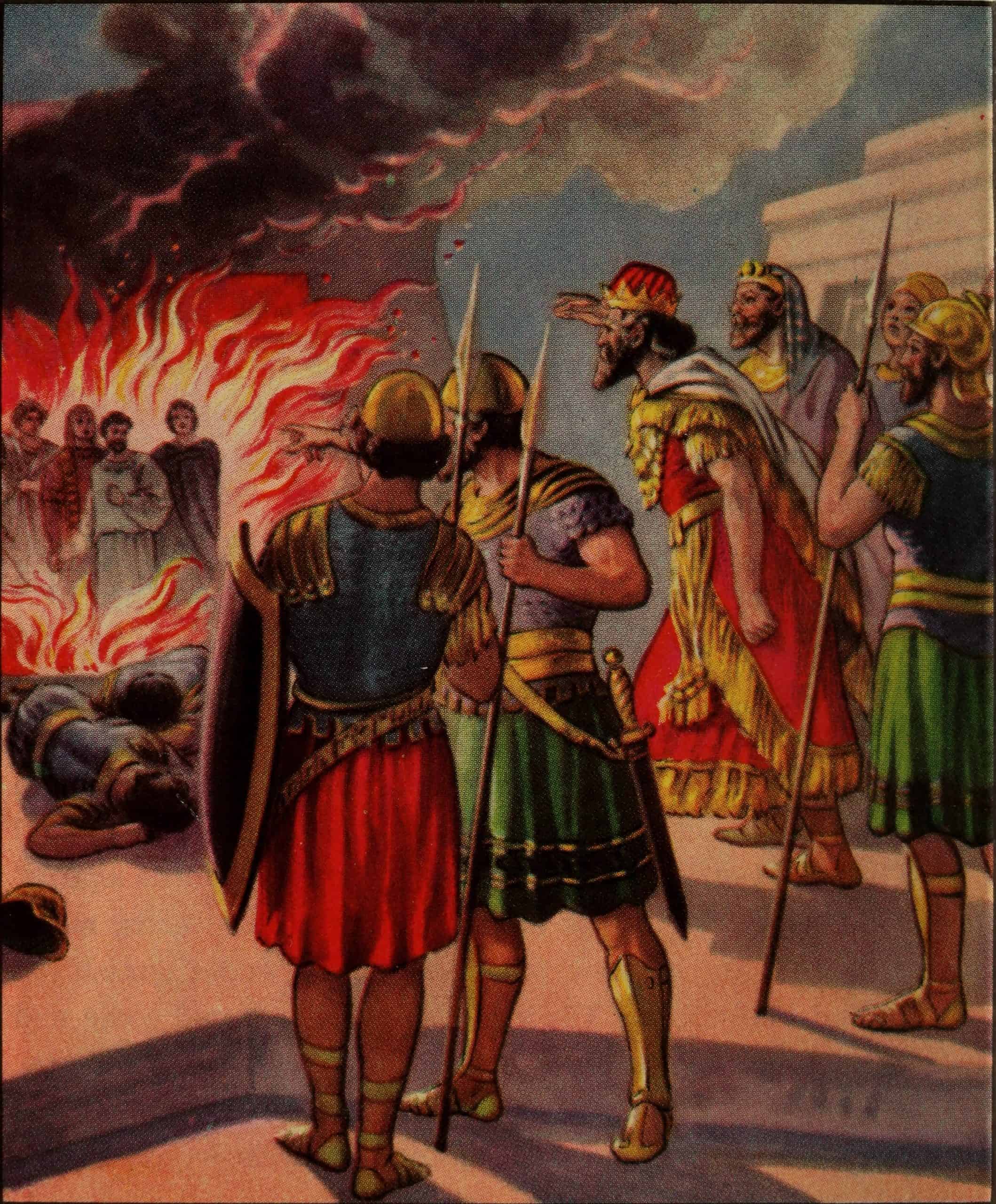
Daniel 10:13–20 records an unusual story about divine warfare that includes the “princes” of Greece and Persia. This conflict fits with the idea that Yahweh assigned the nations to the oversight of lesser divine beings. However, these beings’ authority is received from God and is temporary (Ps 82).
Demons technically are ____
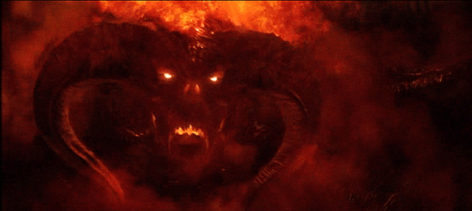
Demons should not simply be equated with evil angels. While in a few places, “angel” seems to be broadly used to refer to spiritual beings (e.g., Rev 12), “angel” is more properly a job description in the Bible. Technically, demons seem to be different from rebellious high-ranking “angels.” The Bible does not clearly address the origin of demons, but in Second Temple Jewish literature, they were believed to be the disembodied spirits of dead Nephilim.
According to the NT, an “evil spirit” simply refers to an unknown sickness that has since been identified by medical experts.
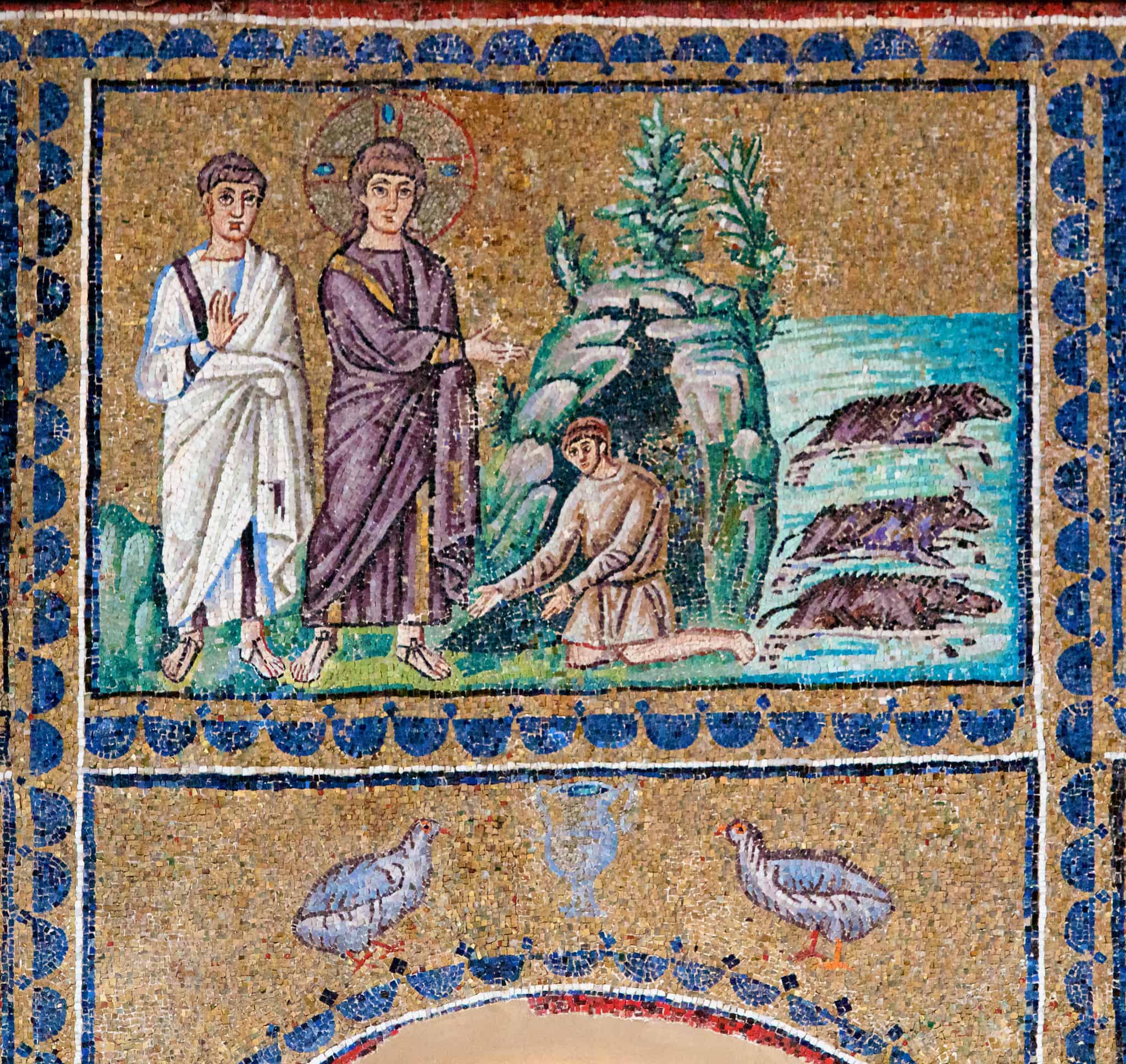
In some contexts, it appears that an “evil spirit” may cause—or even be shorthand for—sickness (e.g., Matt 10:1; Luk 6:17–18; and Luk 7:21). However, this does not mean that all references to demonic influence are simply illnesses that were yet unidentified due to primitive medical knowledge and superstition. Jesus spoke and interacted with unclean spirits directly (e.g., Mark 1:23–27).
Azazel is ____

Many translations of Leviticus 16 refer to a “scapegoat.” This is a possible translation for the Hebrew word, but since “for Azazel” is paralleled with “for Yahweh” (Lev 16:8–10), it seems to be a proper name. 1 Enoch refers to Azazel as a leader of evil supernatural forces. He is also a character in Marvel Comics’ X-Men and appears in the movie X-Men: First Class.
Jesus’ connection with which OT figure helps explain his role as exorcist?
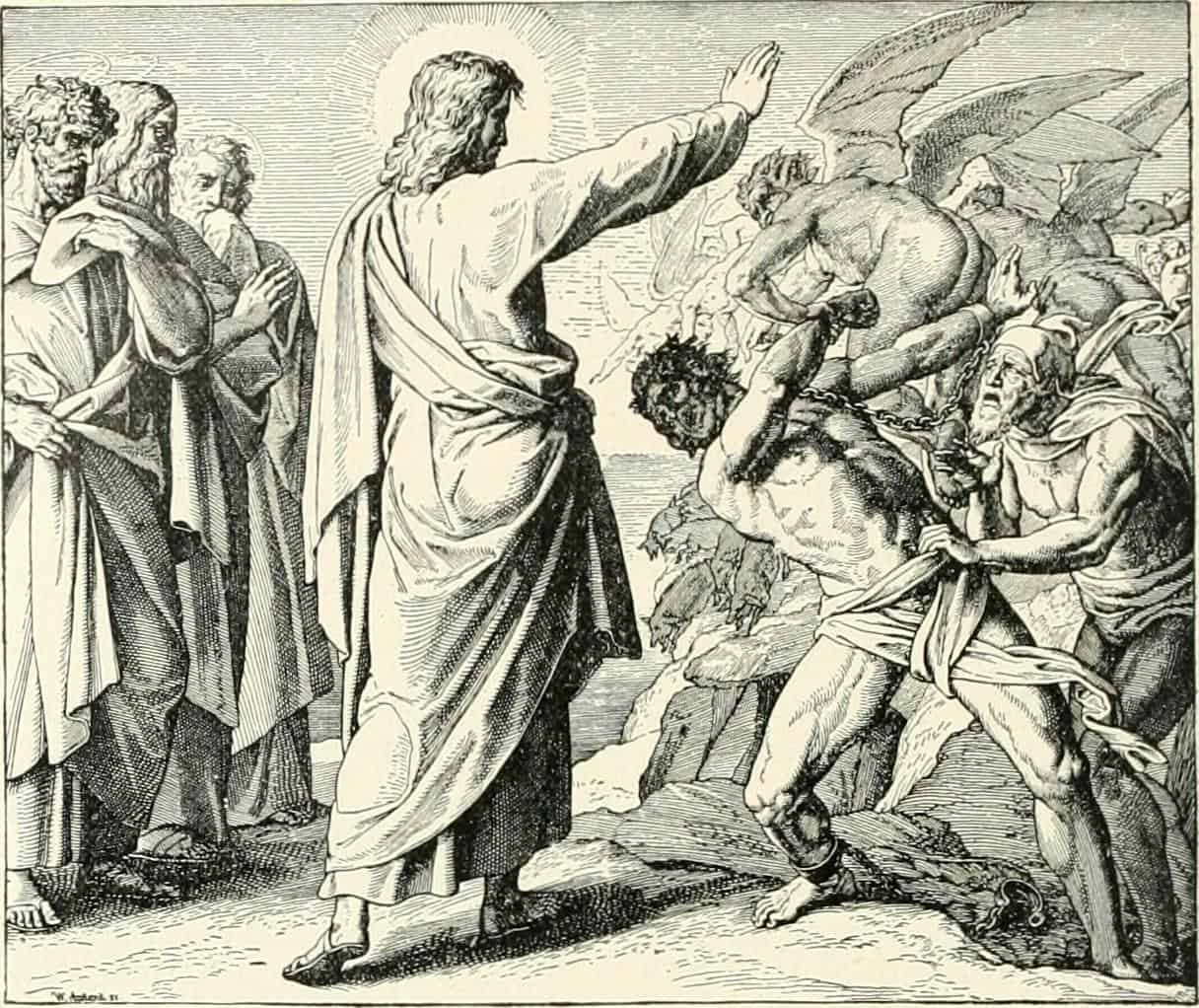
While the OT does not explicitly predict that the Messiah would have power over demons, Second Temple Jewish literature viewed Solomon as an exorcist, which paved the way for an expectation that the coming Messiah would also have power over evil spirits.
Cain’s father is ______
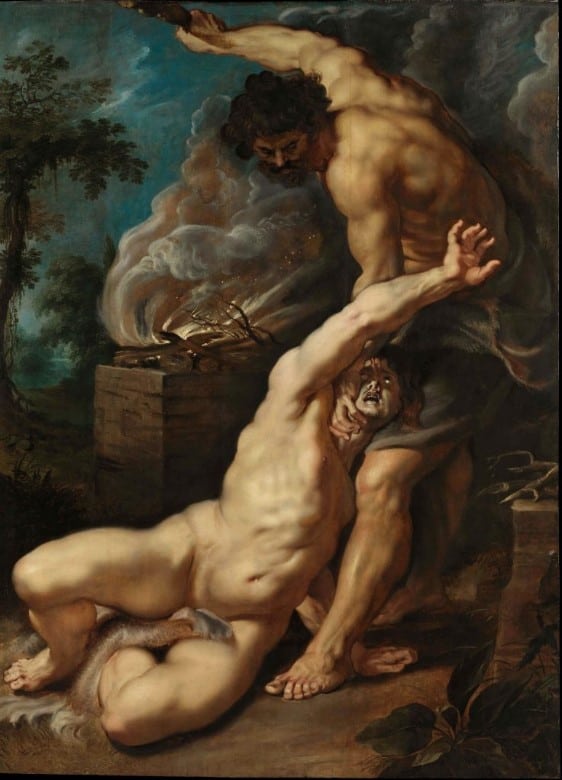
Though some believe that Cain was literally fathered by Satan or the serpent, the Bible does not teach this. Some suggest that Yahweh himself actually fathered Cain, due to Eve’s declaration at Cain’s birth (Gen 4:1). However, Scripture is clear: Cain is the result of Adam “knowing” Eve sexually (Gen 4:1). Divine intervention in conception is a motif throughout the OT (e.g., Sarah, Hannah, and Mary).
Can a Christian be possessed by demons?
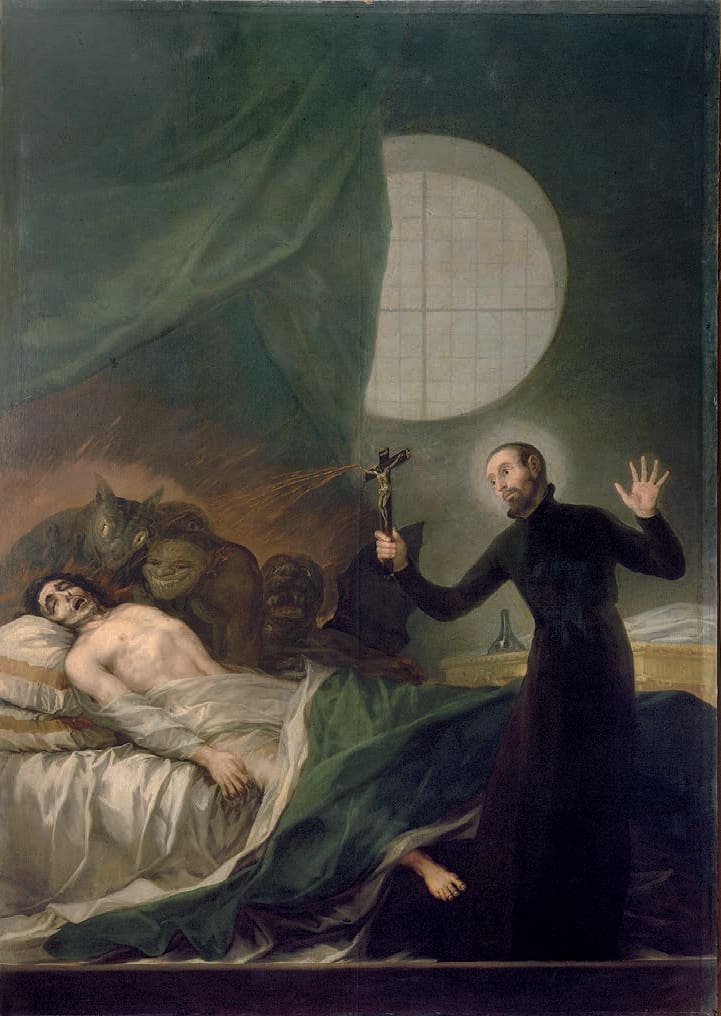
The category of “possession” by demons is not a biblical one. The Bible does not speak in terms of people being “owned” by demons. However it does speak in terms of someone being “demonized”—that is, being affected by demons in some way. This could include persecution, harassment, believing in false teaching, and enslavement to sin. The NT presents this as a danger to people—whether Christian or otherwise. Anyone can yield themselves to demonic influence and power (Eph 4:27; 2 Tim 2:26; 4:1; 1 Pet 5:8–9; 1 John 3:8).




Share your Results:
